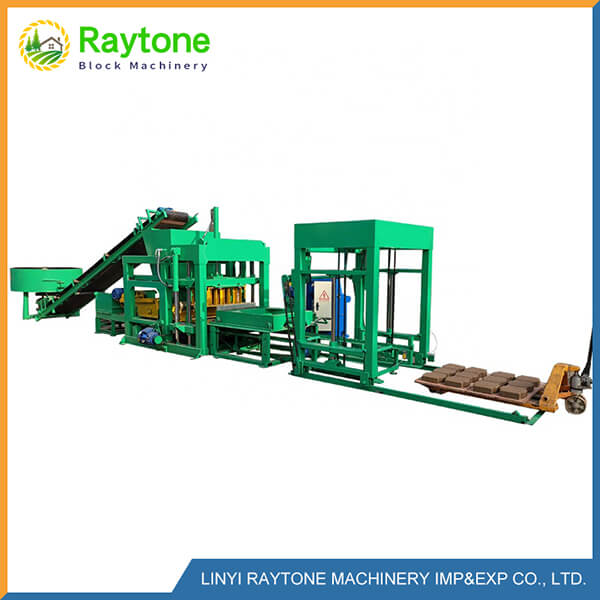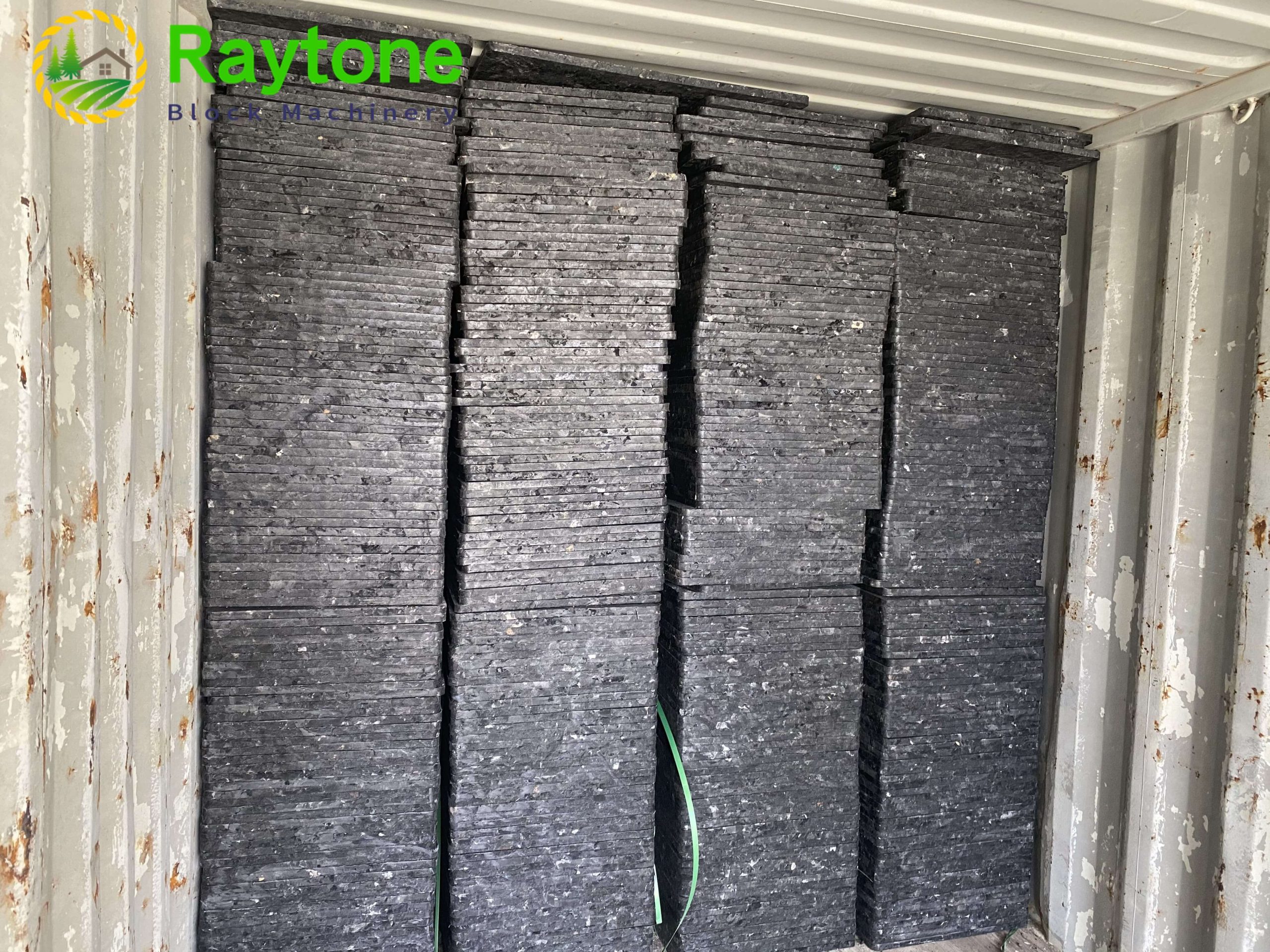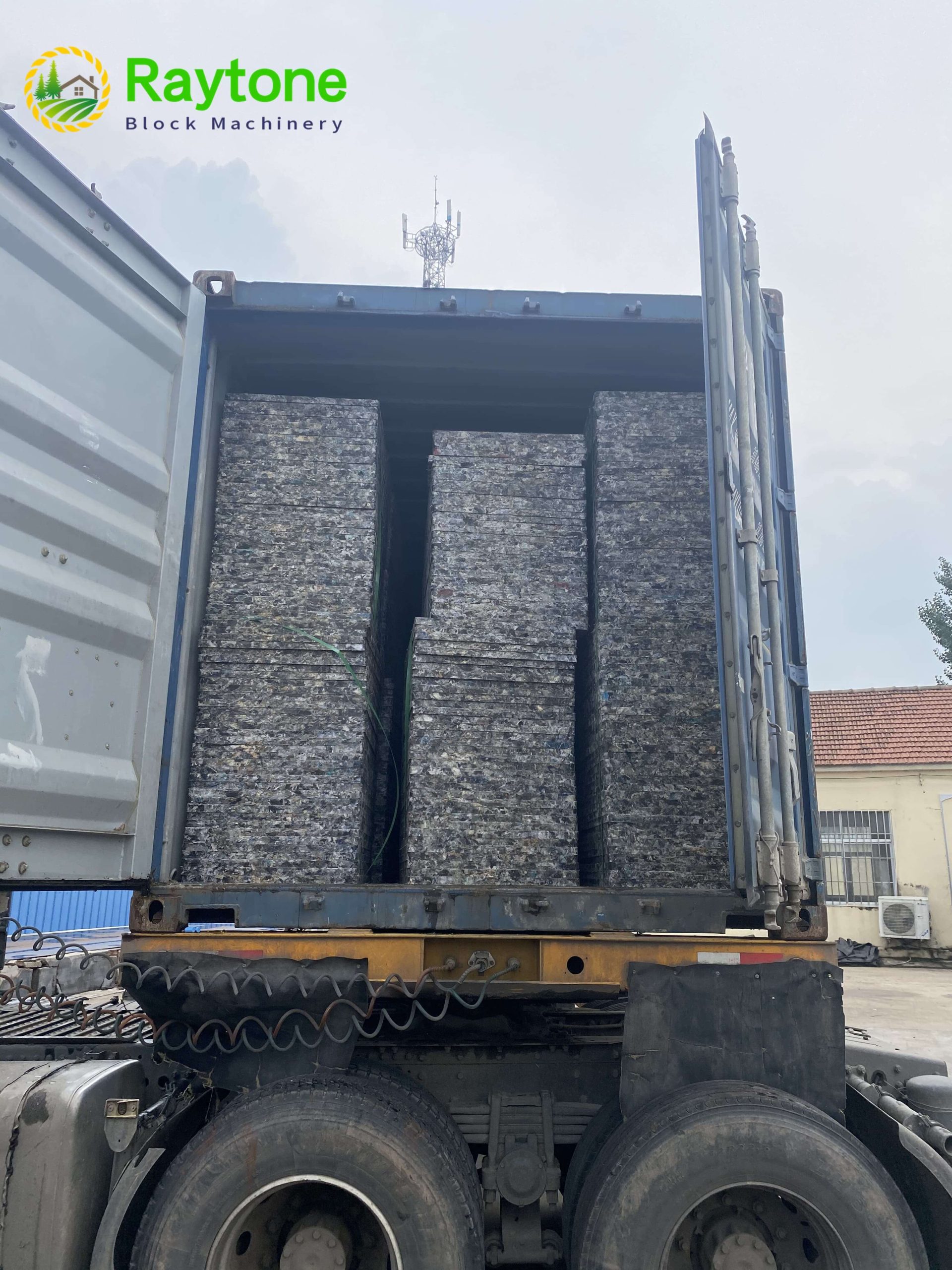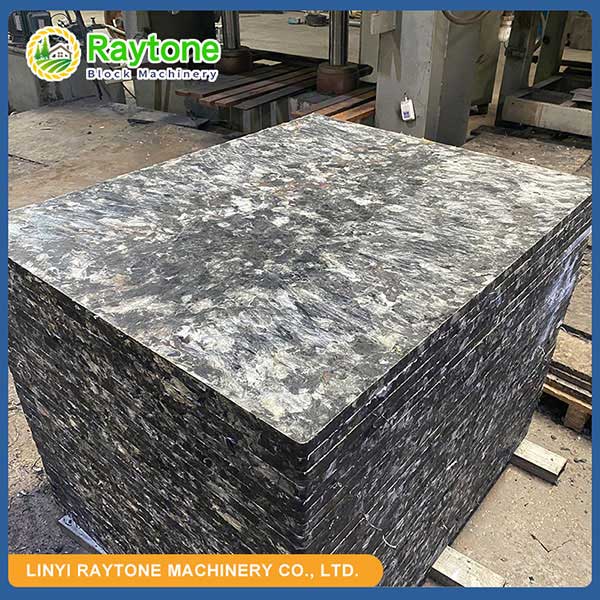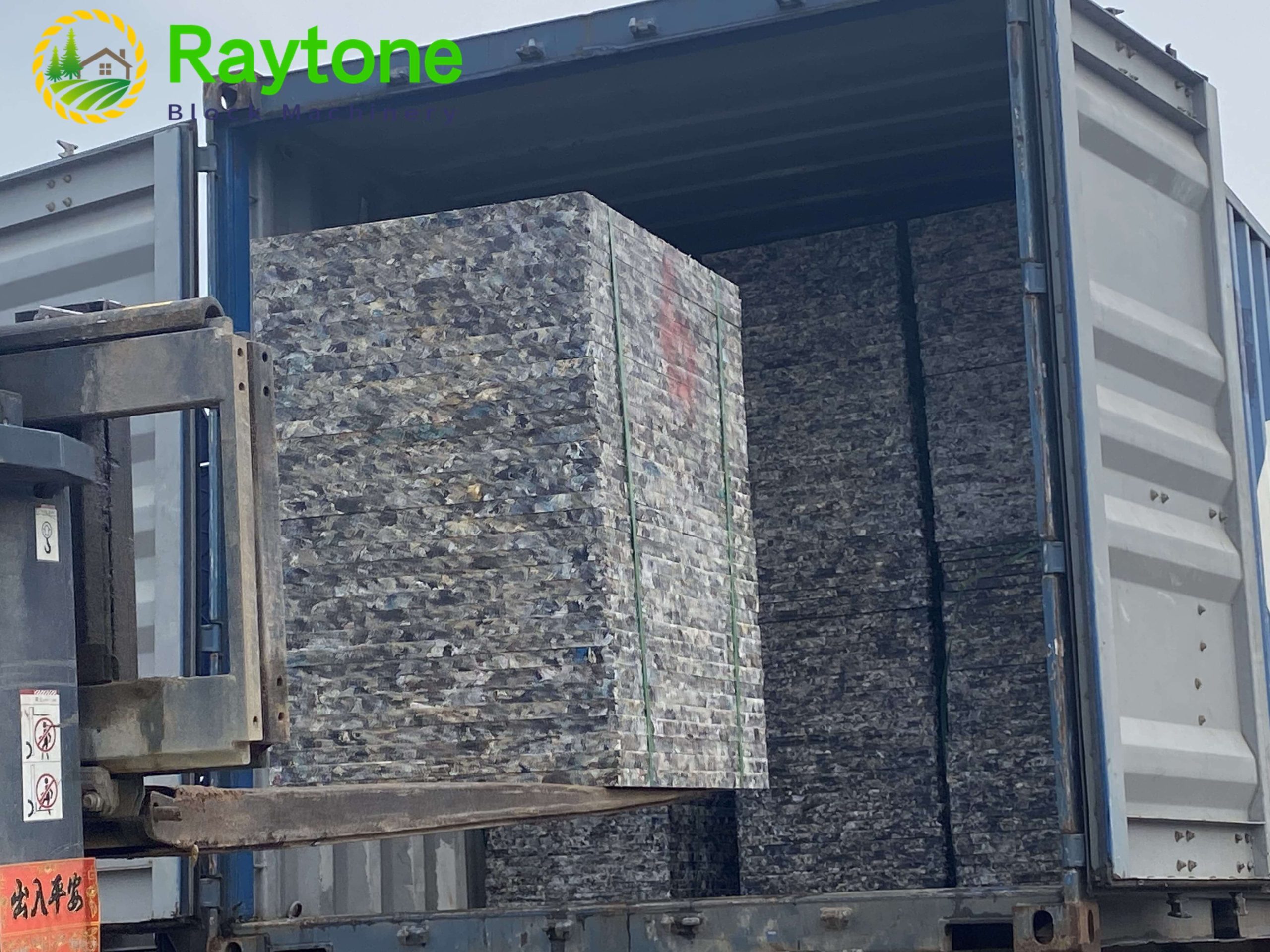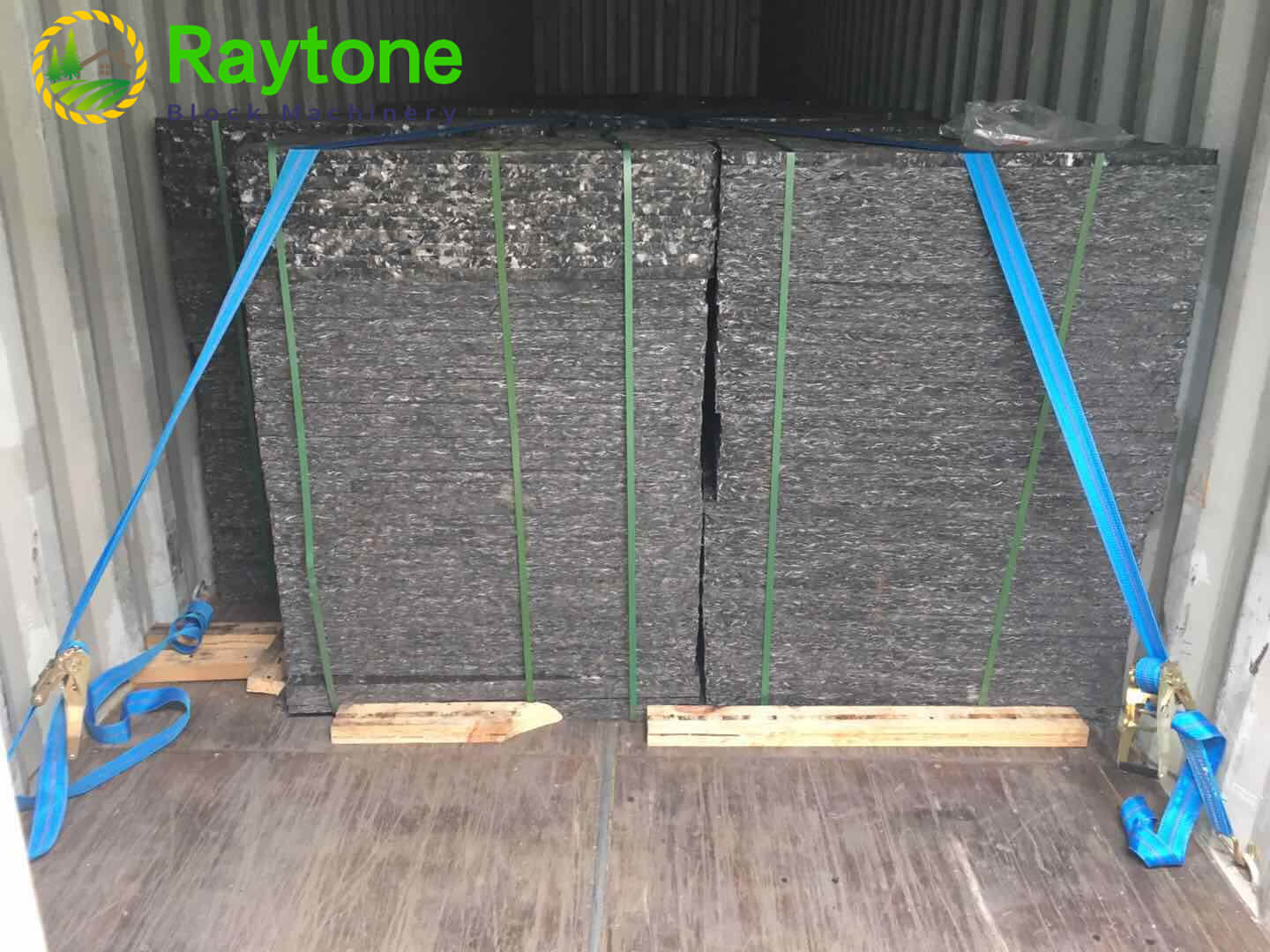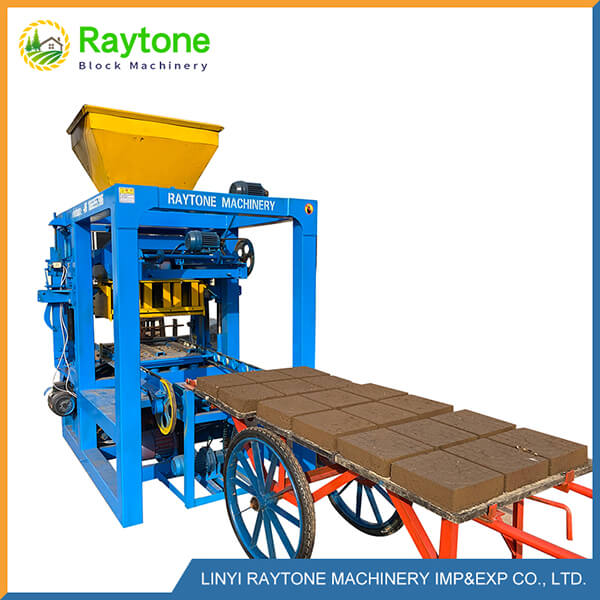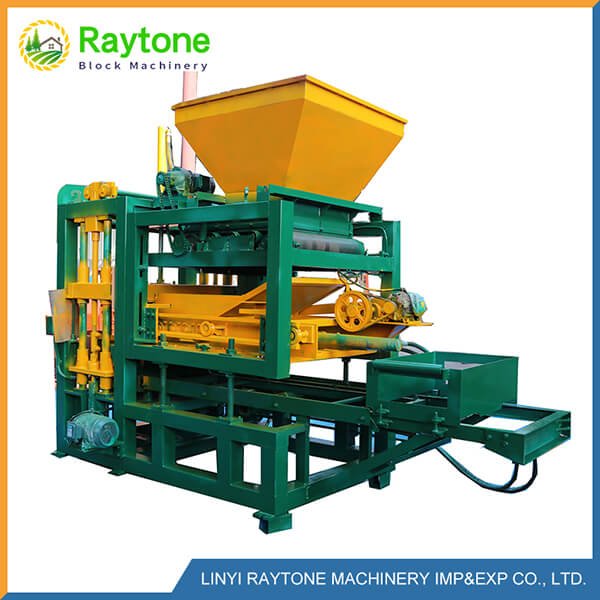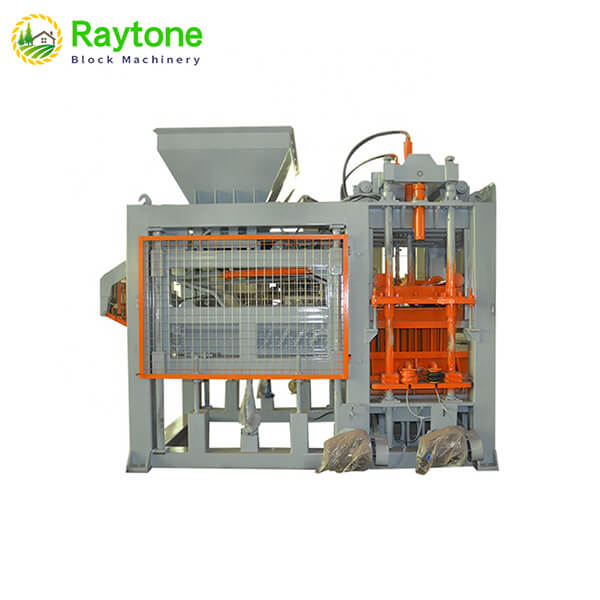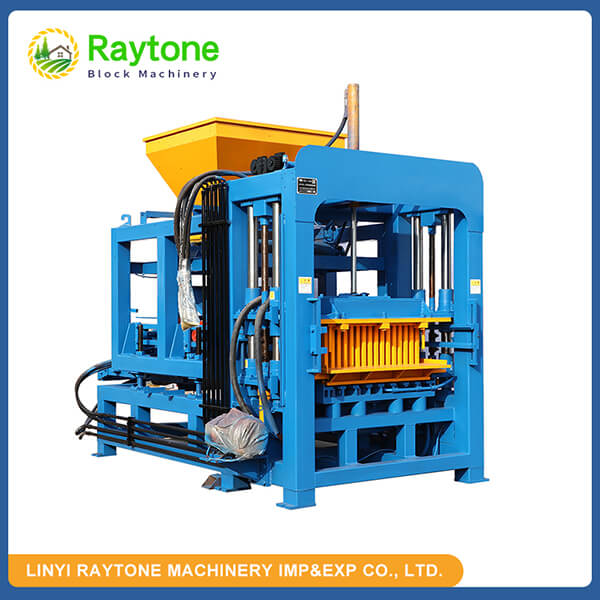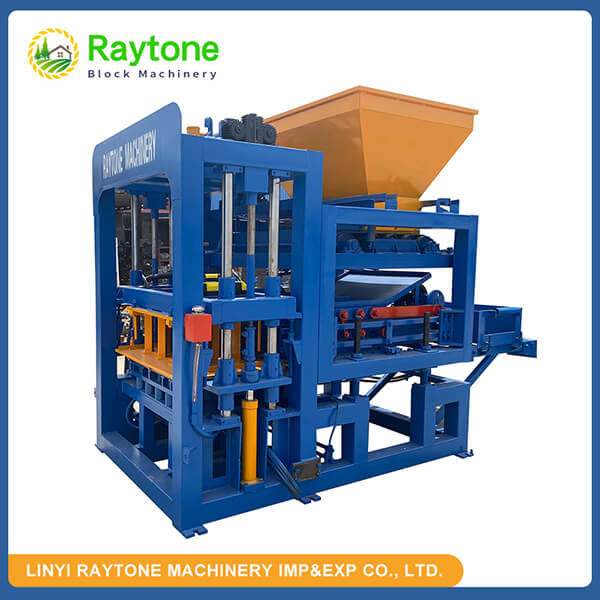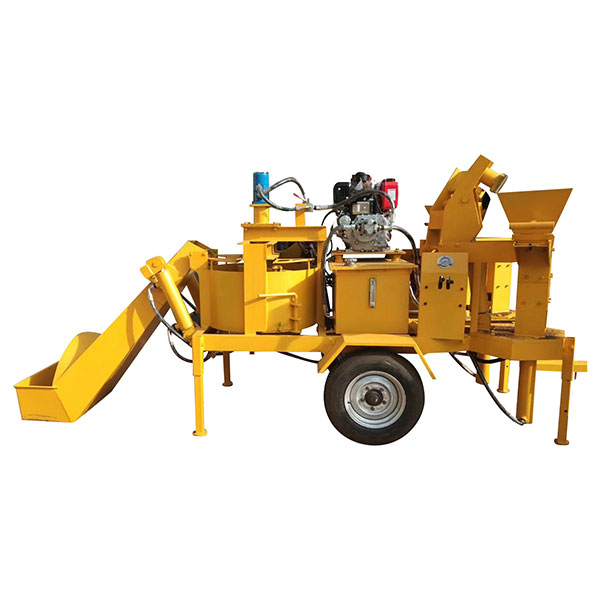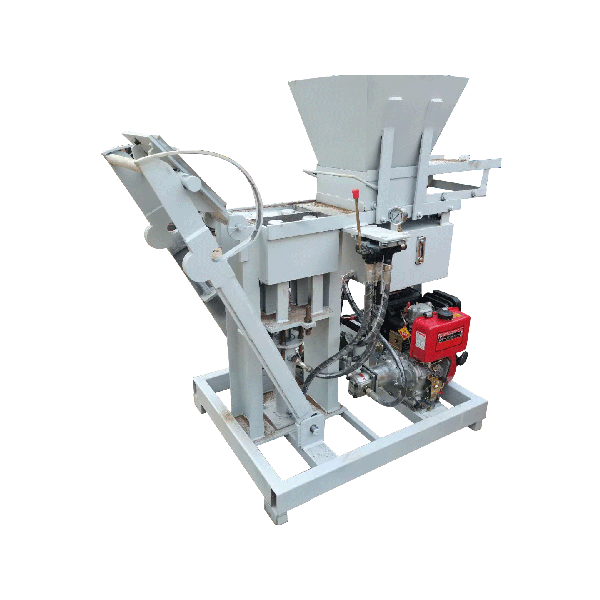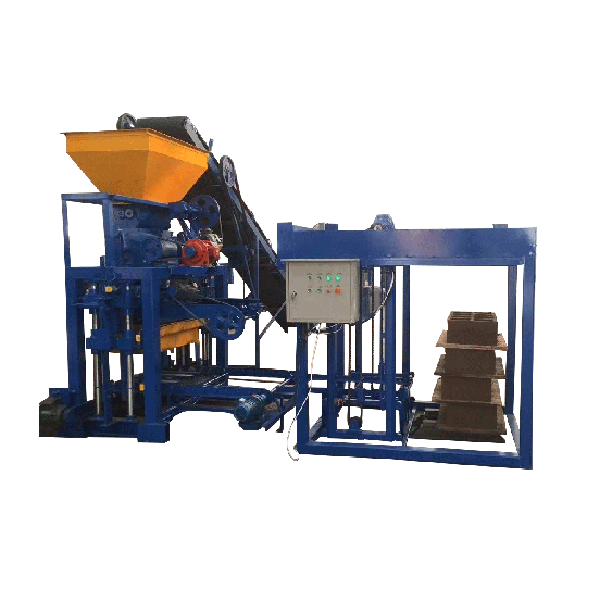Brick making machine mold customization is a crucial aspect of producing high-quality, tailored bricks for various construction projects. Understanding the process involves considering factors such as material selection, design specifications, and production efficiency. Custom molds allow manufacturers to create unique brick shapes, sizes, and textures, meeting specific architectural requirements and market demands. By exploring the intricacies of mold customization, businesses can enhance their product offerings, improve production capabilities, and stay competitive in the ever-evolving construction industry.
Understanding Brick Making Machine Mold Types
Single Cavity Molds
Single cavity molds are the simplest form of brick making molds. These molds produce one brick at a time, making them ideal for small-scale production or specialty brick manufacturing. The advantage of single cavity molds lies in their versatility and ease of customization. Manufacturers can quickly adjust designs or experiment with new brick shapes without significant investment. However, the trade-off is lower production capacity compared to multi-cavity molds.
Multi-Cavity Molds
Multi-cavity molds are designed to produce multiple bricks simultaneously, significantly increasing production efficiency. These molds are commonly used in large-scale brick manufacturing operations. The number of cavities can vary, typically ranging from 4 to 12 or more, depending on the brick making machine‘s capacity and the desired production volume. Multi-cavity molds require more precise engineering to ensure uniform compression and consistent brick quality across all cavities.
Interchangeable Mold Systems
Interchangeable mold systems offer flexibility in brick production by allowing manufacturers to switch between different mold types quickly. This system consists of a base frame that can accommodate various mold inserts. The ability to change molds rapidly reduces downtime and enables producers to respond swiftly to market demands. Interchangeable systems are particularly beneficial for manufacturers who produce a diverse range of brick types or frequently switch between different product lines.
Key Considerations for Mold Customization
Material Selection
Choosing the right material for mold construction is paramount to ensuring durability and product quality. High-grade steel alloys are often preferred for their strength and wear resistance. Some manufacturers opt for hardened steel or chrome-plated molds for extended lifespan. The material selection should consider factors such as the abrasiveness of the brick mixture, production volume, and desired mold longevity. Additionally, certain specialized coatings can be applied to molds to enhance their performance and ease of brick release.
Design Specifications
Mold design specifications encompass various elements that directly influence the final brick product. These include the brick’s dimensions, shape, surface texture, and any special features like frogs or perforations. Precision in mold design is crucial to meet industry standards and customer requirements. Advanced CAD software is often employed to create detailed 3D models of molds, allowing for virtual testing and refinement before physical production. Attention to details such as draft angles and ejection mechanisms ensures smooth brick removal from the brick making machine and consistent quality.
Production Efficiency
Optimizing mold design for production efficiency is essential in maximizing output and reducing operational costs. This involves considering factors like the number of cavities, mold filling time, and ease of maintenance. Efficient mold designs incorporate features that facilitate quick filling, proper compaction, and easy ejection of bricks. Some advanced molds include self-cleaning mechanisms or special coatings to minimize build-up and reduce cleaning frequency. Balancing these efficiency factors with the desired brick quality is key to successful mold customization.
Advantages of Custom Molds in Brick Production
Enhanced Product Versatility
Custom molds open up a world of possibilities in brick design, allowing manufacturers to create unique products that stand out in the market. This versatility enables the production of specialized bricks for architectural projects, restoration work, or specific building requirements. Custom molds can accommodate various brick sizes, from standard dimensions to oversized or miniature bricks. They also allow for the incorporation of decorative elements, such as embossed patterns or logos, adding value to the final product and meeting diverse customer needs.
Improved Quality Control
In brick making machines, tailored mold designs contribute significantly to improved quality control in brick production. By precisely engineering molds to match specific material properties and production processes, manufacturers using these machines can achieve more consistent results. In advanced machines, custom molds can be designed with features that ensure uniform compression, reducing the occurrence of defects such as warping or uneven density. Additionally, within such machines, well-designed molds facilitate better control over critical aspects like water content and curing conditions, leading to superior brick strength and durability.
Market Differentiation
In a competitive industry, the ability to offer unique brick products can be a significant market advantage. Custom molds allow manufacturers to develop proprietary brick designs that set them apart from competitors. This differentiation can be particularly valuable in niche markets or high-end construction projects where distinctive aesthetics are prized. By leveraging custom mold capabilities, brick makers can collaborate with architects and designers to create bespoke solutions, fostering innovation and expanding their market reach.
Conclusion
Brick making machine mold customization is a pivotal aspect of modern brick manufacturing, offering numerous benefits in terms of product diversity, quality, and market competitiveness. By understanding the various mold types, key considerations in customization, and the advantages of custom molds, manufacturers can make informed decisions to enhance their production capabilities. As the construction industry continues to evolve, the ability to adapt and innovate through mold customization will remain a crucial factor in the success of brick making enterprises.
Contact Us
At Raytone Machinery, we specialize in providing state-of-the-art brick making machines and customized mold solutions. Our commitment to quality, innovation, and customer satisfaction ensures that you receive the best value for your investment. Whether you’re looking to expand your product line or improve your production efficiency, our expert team is ready to assist you. Contact us today at hazel@raytonechina.com to explore how our customized mold solutions can transform your brick making operations.
References
- Johnson, M. (2022). Advanced Techniques in Brick Mold Design. Journal of Construction Materials, 45(3), 178-195.
- Smith, A., & Brown, L. (2021). Innovations in Brick Making Machine Technology. Industrial Engineering Review, 33(2), 89-104.
- Zhang, Y. (2023). Customization Trends in Construction Materials Manufacturing. Building Technology Quarterly, 56(1), 12-28.
- Thompson, R. (2022). Material Science Advancements in Mold Production. Materials Today, 18(4), 267-282.
- Davis, E., & Wilson, K. (2021). Efficiency Optimization in Brick Production Processes. Journal of Manufacturing Systems, 42(3), 156-171.
- Lee, S. (2023). Market Analysis: Custom Brick Solutions in Modern Architecture. Architectural Review, 87(2), 45-60.

